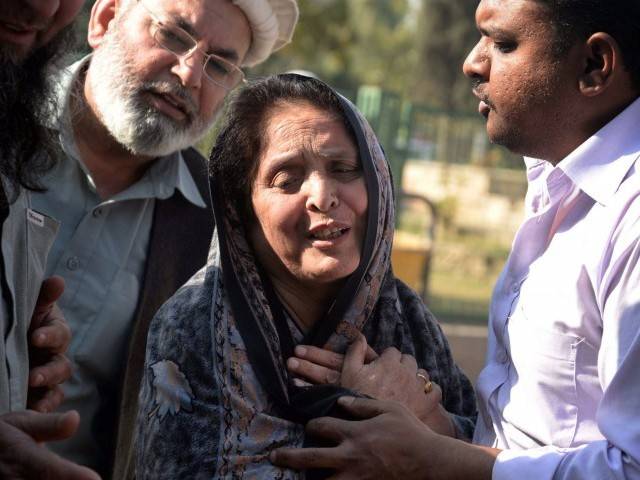Pakistan’s militant landscape is evolving and we continue to ignore the emerging threats - one blast at a time. A powerful bomb, detonated by a timing mechanism, ripped through a bus carrying government employees in Peshawar, killing at least 15 people and causing injuries to 25.
With innocent civilians bearing the cost of trying out any counter terrorism strategies, it is high time we change the discourse and plan of action.
The blast took place near Peshawar’s Sunehri Masjid and targeted the Civil Secretariat bus carrying government employees from Mardan to the provincial capital. Capital City Police Officer (CCPO) has claimed that the bus, which is parked at a petrol pump during the night, leaves for duty after morning prayers. It was confirmed that a high-grade explosive weighing eight kilograms was used in the attack, planted in the rear portion of the bus. Clearly, there was a security lapse that allowed for the bomb to be planted while the bus was stationary.
Malakand is closely linked to Bajaur Agency and Mohmand Agency and are deemed as ‘sensitive’ areas; and the high incidence of attacks in KPK suggest that militants still have access to the rest of the country through these areas. With the same old story, and the oft repeated condemnations issued by the government, the only question left to ask is to wonder how long can the people of Pakistan bear the brunt of attacks by terrorists, even when they are supposedly at their weakest. The National Action Plan was seen as the grand scheme that would direct Pakistan towards eradicating extremism once and for all. However, with only Peshawar seeing scores of attacks on civilians as well as law enforcement personnel in the past, it is safe to assume we have only started to scratch the surface on curbing terrorism.
The explosion comes a day after the military top brass stated publicly that the army was about to conclude the military offensive in North Waziristan’s Shawal Valley. With Pakistan’s journey under its present rulers only being gauged by the amount of metro buses inaugurated or the flyovers constructed, it is not surprising that success on battling hardcore militants has not shown enough to be seen as a convincing victory. The remaining gap, for a large part, is driven by the widely held view, that the once all too visible advance by hardcore militants has been reversed by Pakistan’s army. The process of consolidating these gains with a series of follow-up measures is yet to take place.
Sustaining the success will be about carving out a new narrative to end the rein of militants across every area of daily life in Pakistan.






